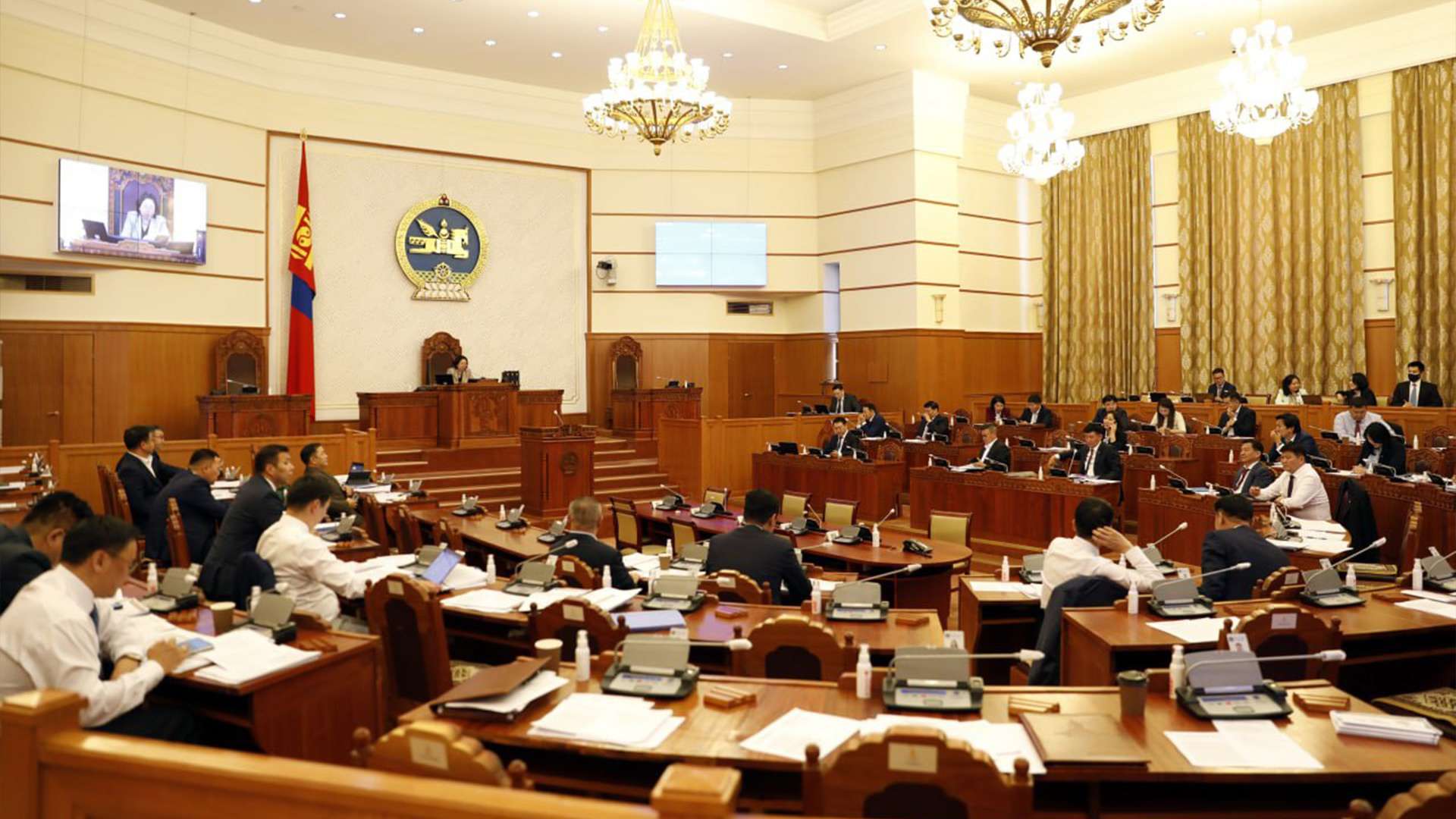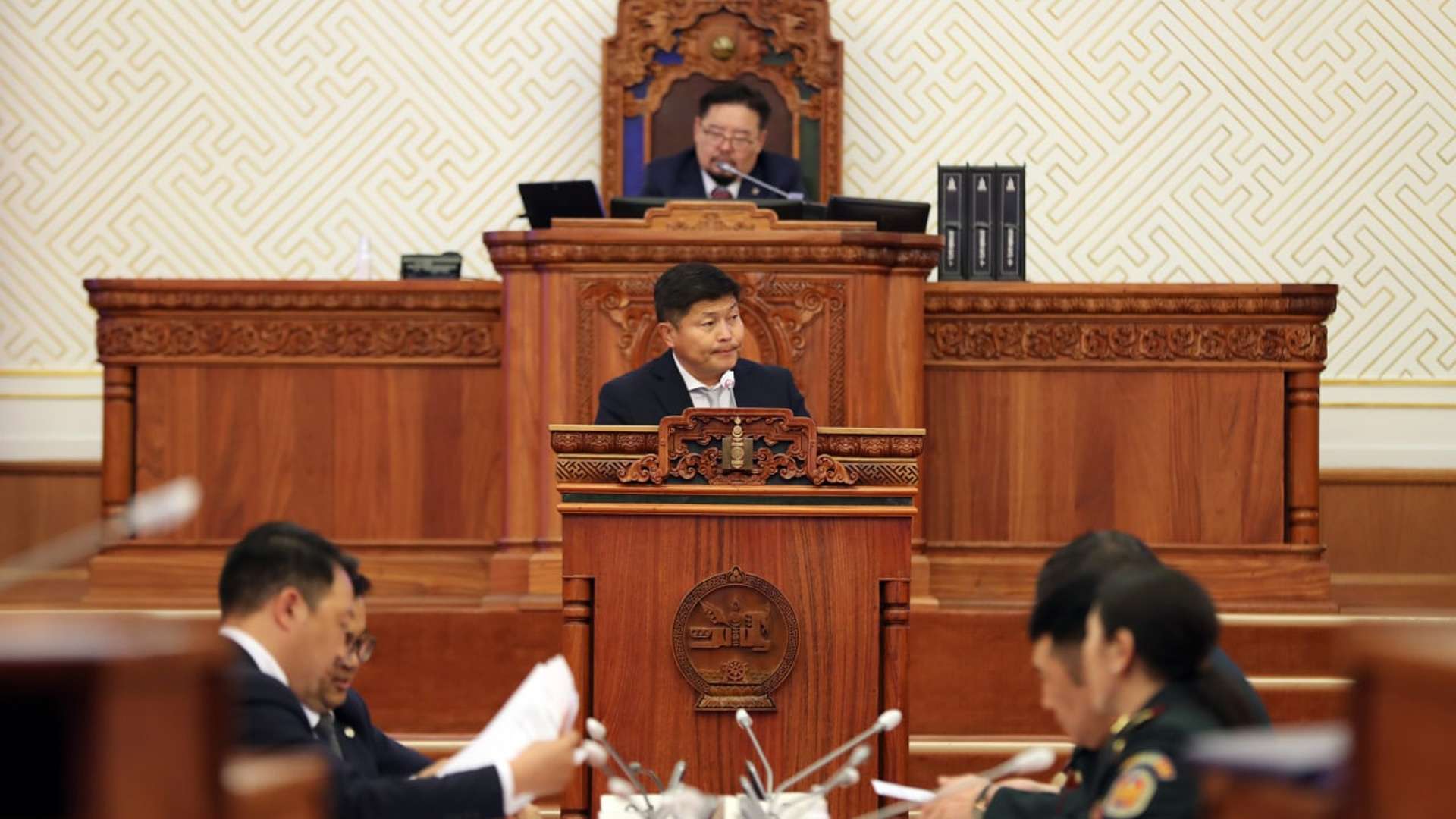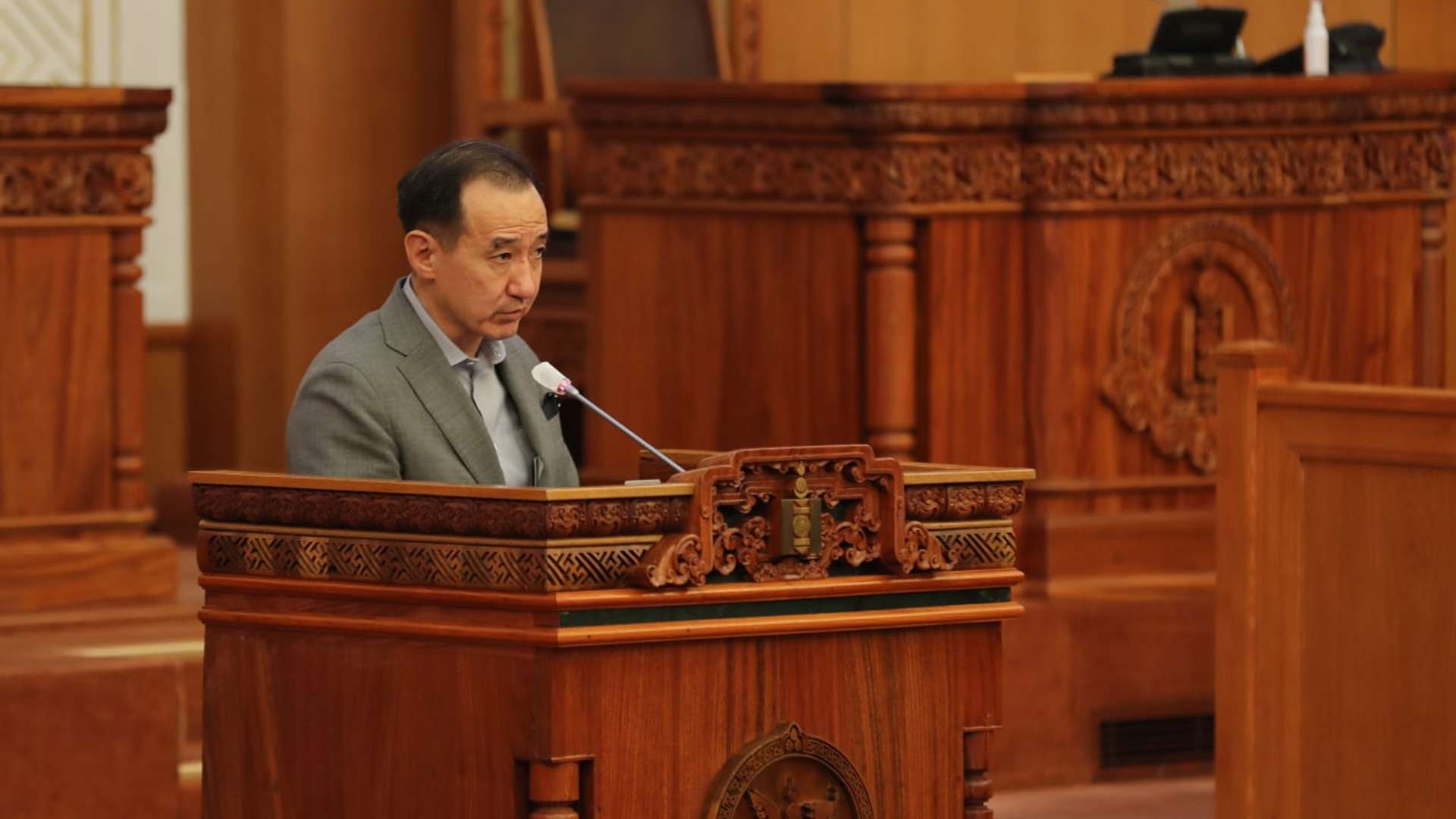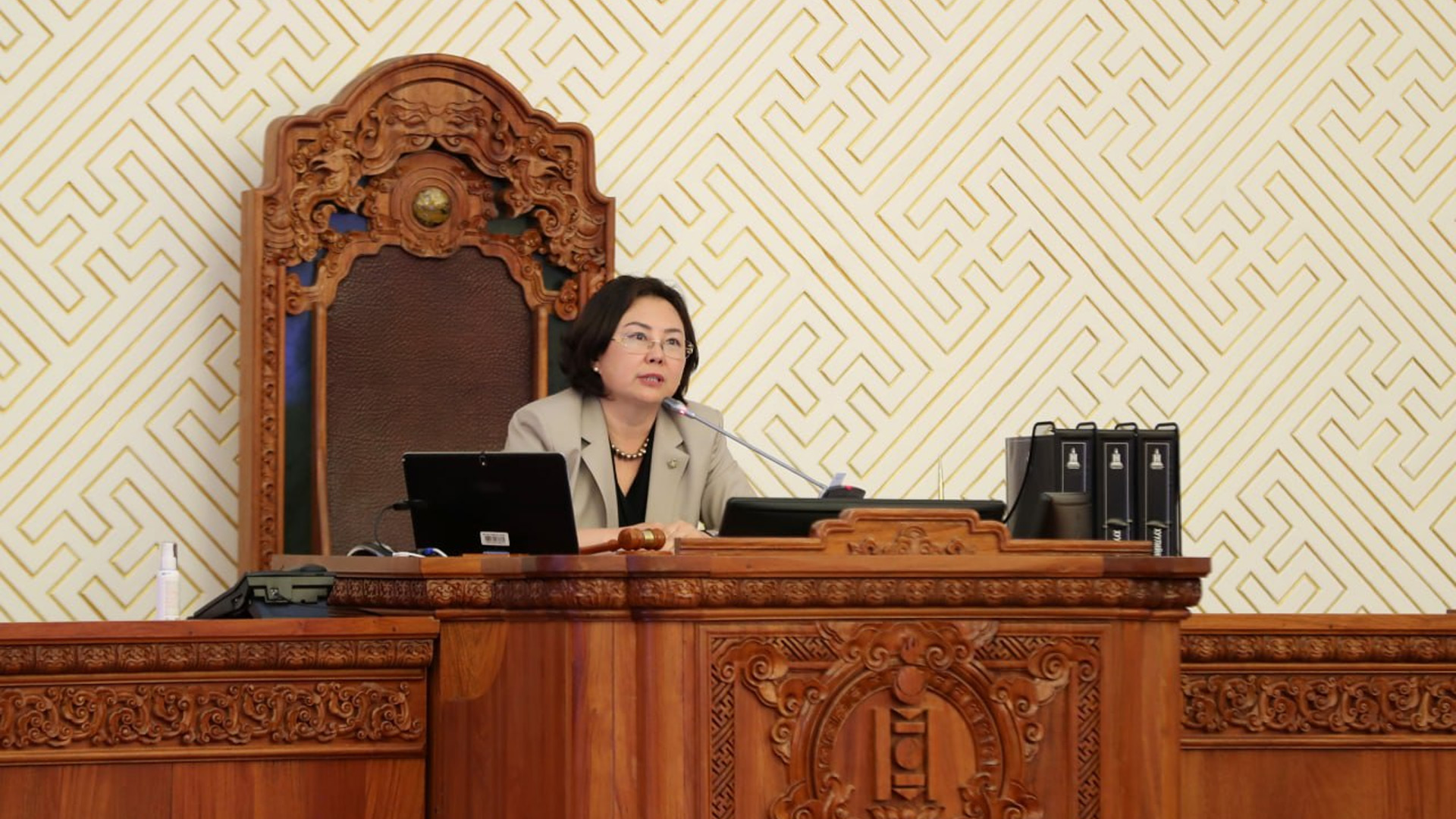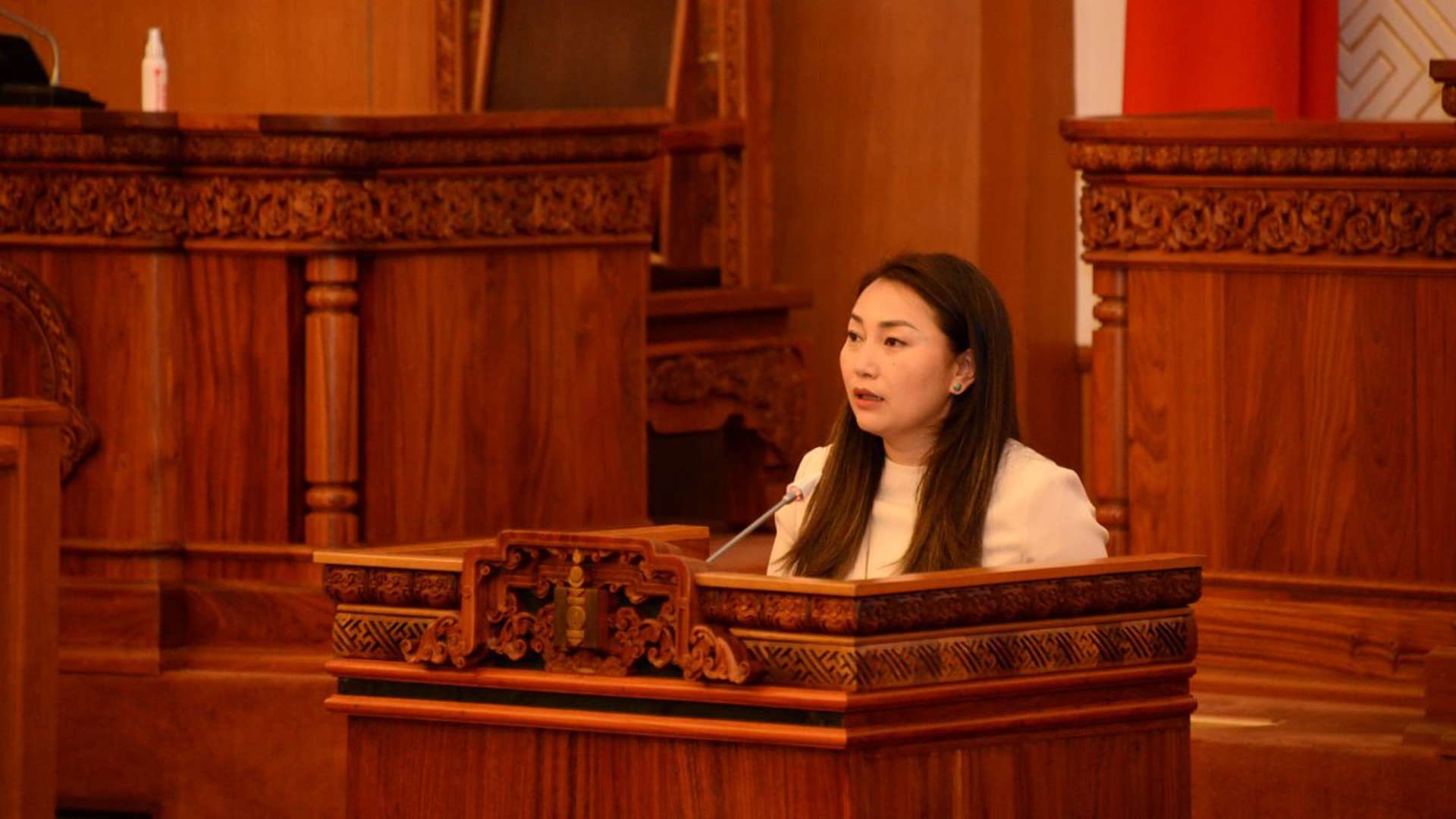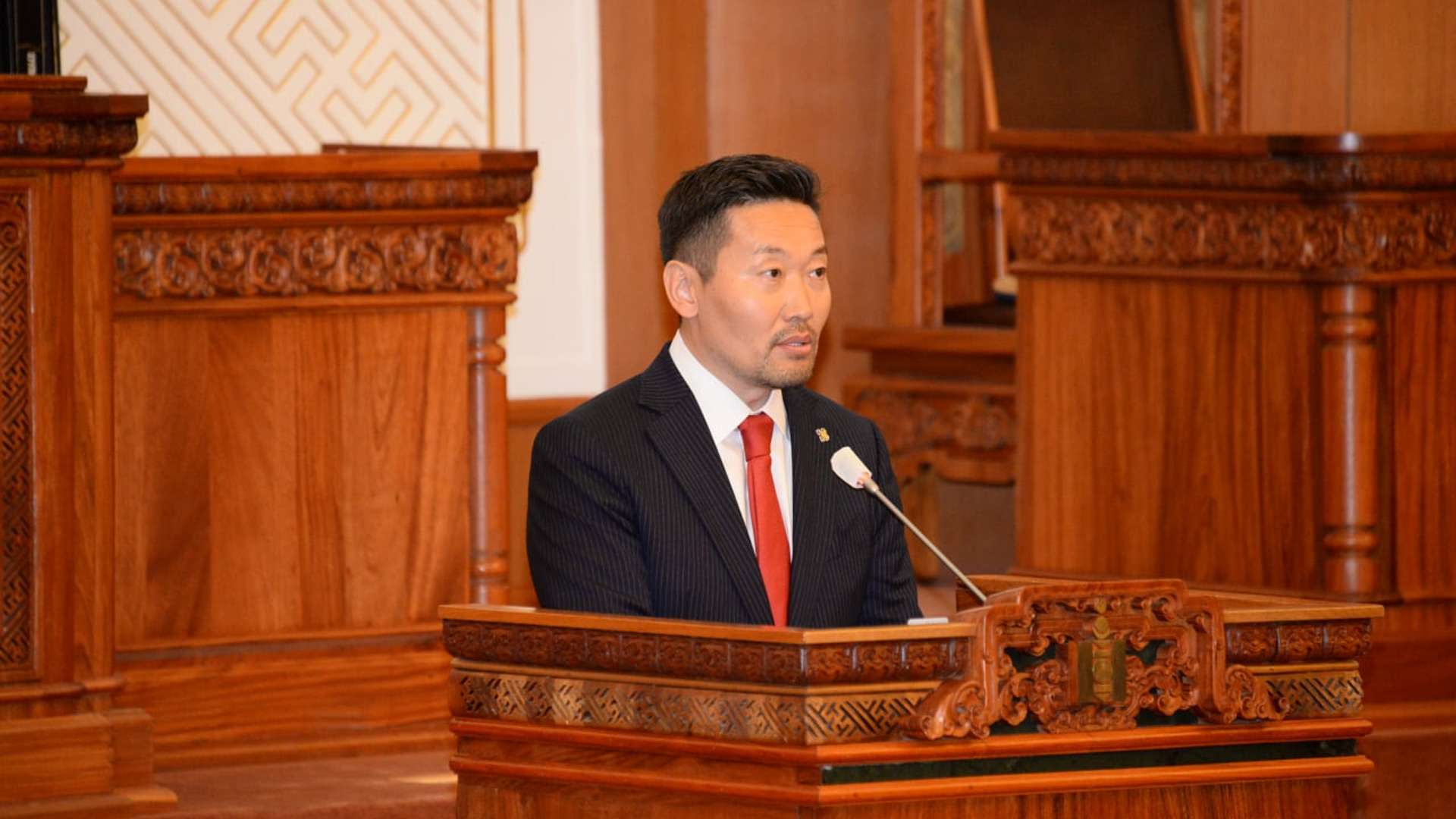Parliament recently approved the draft Law on Permitting. This will reduce the number of permits issued by the Government (1,600) by five times. In addition, the process of issuing and renewing permits will be open and transparent to applicants online.
Moreover, government agencies are no longer allowed to require new types of permits from citizens and business entities. In other words, the number of permits will be limited. However, the system for obtaining permits from companies operating in the areas of human health, life, and the environment remains in place.
According to the law, government agencies will also use digital technology to reduce human interception in the process of issuing a permit. One of the reasons for the rise in licensing corruption is the lack of a unified database. All information will be disclosed, such as state-licensed agencies and professional associations, types of issued permits, grounds for rejection to citizens and businesses applying for permits, required documents, and the state stamp duty.
The initiators of the bill believe that this will eliminate bureaucracy in public services provided to citizens and businesses, prevent corruption and white-collar crimes, and reduce corruption cases to a certain extent.

